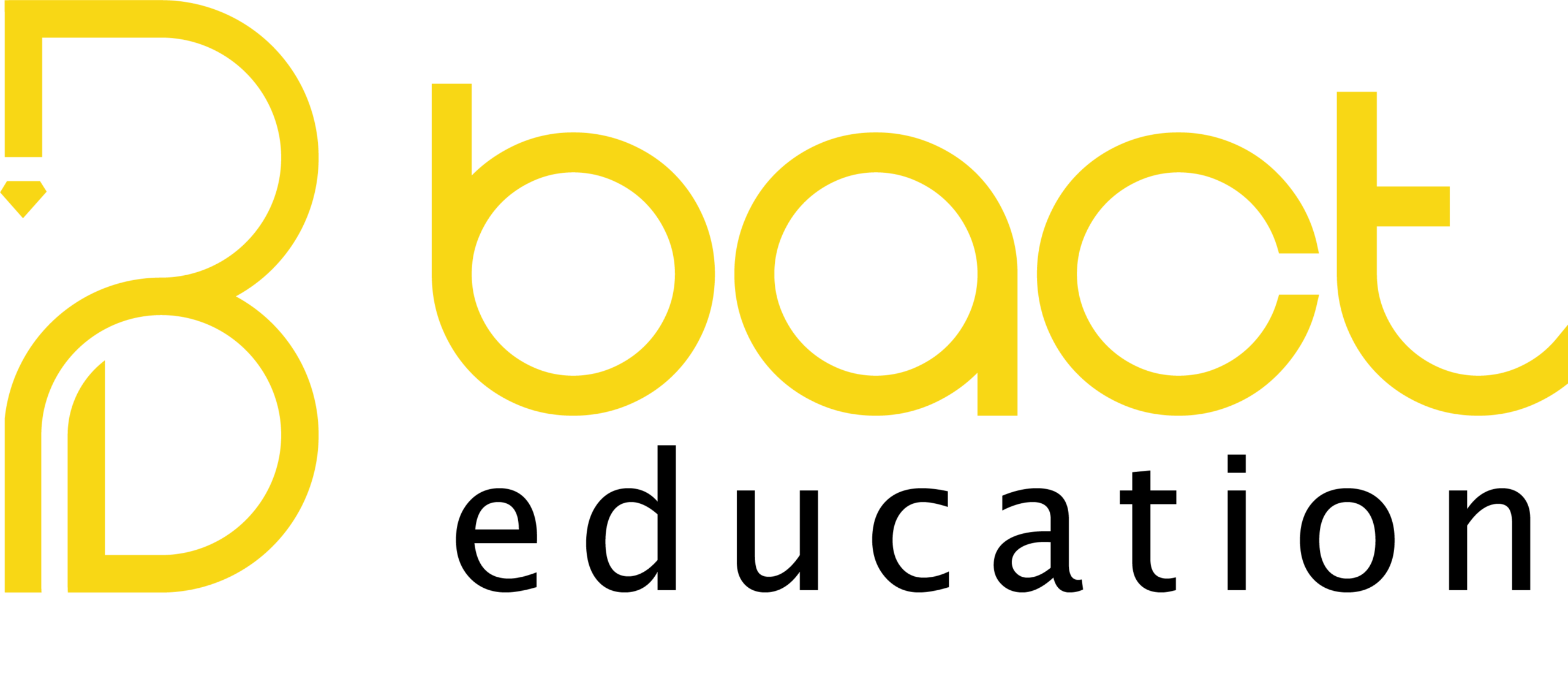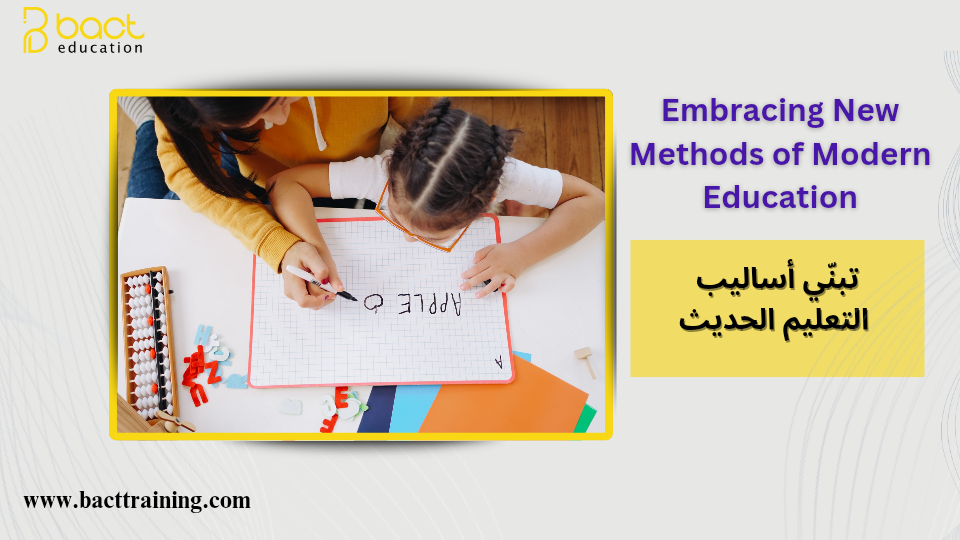Embracing New Methods of Modern Education:
Shaping the Future of Learning
Introduction:
- Discuss how the education landscape is evolving with the advent of new technologies, global connectivity, and modern pedagogies.
- Introduce the idea that modern education requires a shift in traditional approaches to prepare students for the future.
Main Body:
- Blended Learning: A Mix of Traditional and Digital Tools:
- Explanation of blended learning and its benefits for students, offering flexibility and personalization.
- How technology enhances learning, both in the classroom and online.
- Gamification and Interactive Learning:
- How gamification engages students and makes learning more fun and interactive.
- Examples of apps, platforms, and game-based learning systems that improve student outcomes.
- Project-Based and Inquiry-Based Learning:
- Shifting from rote memorization to practical, hands-on learning experiences.
- Benefits of project-based learning in fostering critical thinking, collaboration, and creativity.
- AI and Adaptive Learning Technologies:
- The role of artificial intelligence in education: personalized learning experiences, instant feedback, and data-driven insights.
- Examples of AI tools that can analyze learning patterns and help create customized learning paths.
- The Role of Educators in Modern Education:
- How the teacher’s role is evolving from a knowledge provider to a facilitator of learning.
- The importance of continuous professional development for educators to keep up with modern methods.
- Global Learning Opportunities:
- The impact of globalization and digital learning platforms that allow students to access education from anywhere in the world.
- The importance of fostering global citizenship and digital literacy.
Conclusion:
- Encourage educators, parents, and policymakers to embrace innovation and create environments that foster 21st-century skills.
- Call to action: Promoting continuous improvement and openness to adopting new educational technologies and methodologies.

